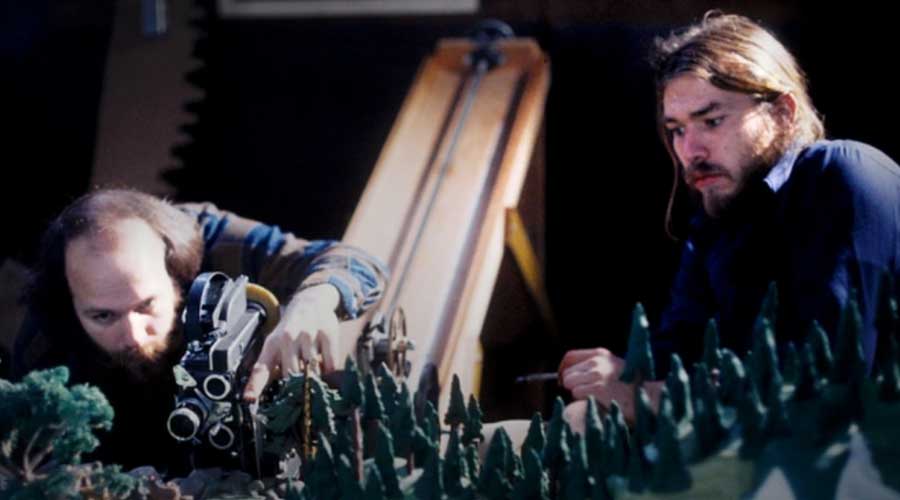What’s to watch on Netflix?
- 13 Apr - 19 Apr, 2024

In proudly weird Portland, Oregon, far from the Hollywood moviemaking machinery, an animation empire arose in the mid-’70s. It was fuelled by a hippie-collective exuberance and one man’s “burning ambition,” as a colleague describes the enterprising energy of Will Vinton, the company’s driving force, in the engaging and insightful Claydream. With incisive use of clips from the Vinton catalogue and discerning interviews with Vinton and those who knew him, Marq Evans has made a film that pays tribute to its subject but is no starry-eyed celebration. Not unlike the characters Vinton and his collaborators brought to the screen through Claymation (a Vinton coinage and registered trademark), the doc combines exhilarating whimsy with dark and complex emotions. And any film that incorporates deposition footage is not likely to be headed toward a simple happily-ever-after. The legal proceedings pitted Vinton against Phil Knight, the CEO of Nike and, beginning in 1998, a major investor in the then-struggling stop-motion studio. Theirs was a conflict between two ultra-driven entrepreneurs who had put Oregon’s largest city on the map. But as Vinton would discover the hard way, he was the David to the sneaker mogul’s Goliath. The sharply edited deposition footage (Lucas Celler and Yakima did the doc’s cutting) more than suggests that the animator was swimming with sharks. As organised, dauntless and practical as he was when it came to building a company and producing creative work, bigger-picture business decisions weren’t his strength. Will Vinton Studios become world-famous for its work with the California Raisin Advisory Board? A product of small-town Oregon, Vinton drew inspiration from the counterculture scene in ’60s Berkeley, the extravagant architecture of Antoni Gaudí, and his father’s 16mm home movie camera. In college, he organised clay-sculpting parties, and before long he’d set up an animation studio in the house he and his first wife shared in Portland. There, he and artist Bob Gardiner – “a mad genius,” per animation maestro Bill Plympton – took stop-motion clay animation, an old form, to a new, experimental edge. Evans’ take on Vinton is sympathetic, but his film’s strength is its attention to the complexities of a man who was closed off from his own feelings. The portrait that emerges from the new interviews and well-curated archival footage is at least as compelling as the twisty irreverence of the characters Vinton and his collaborators brought to life.
– Compilation
COMMENTS